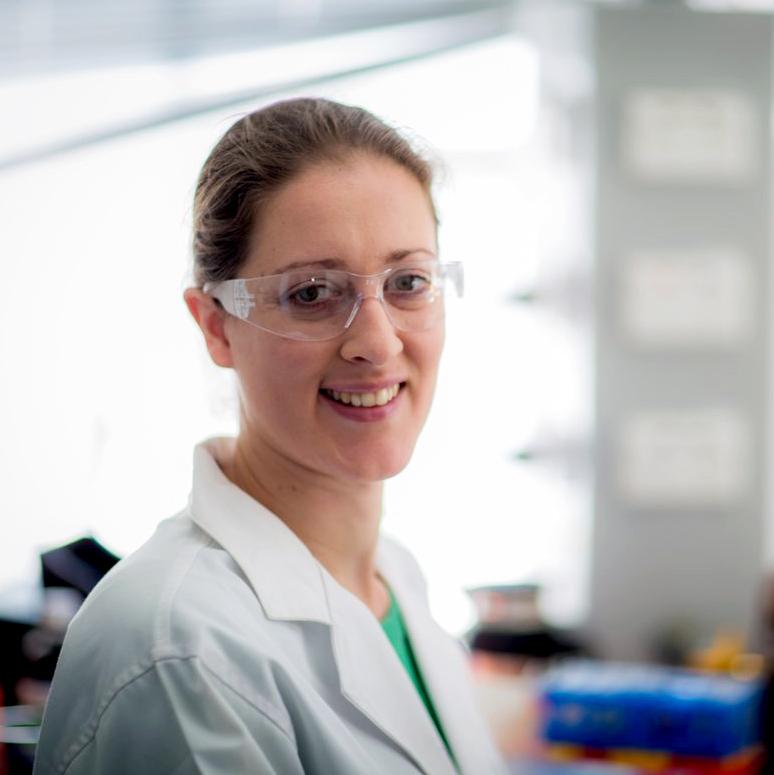Chemistry Seminar: Visiting researcher A/Prof Elizabeth New
- Date: Fri, 12 Apr 2019, 12:00 pm - 1:00 pm
- Location: MacBeth Lecture Theatre - Badger building
- Cost: FREE
- Contact: Dr Christopher Newton 08 831 35308
- Email: christopher.newton@adelaide.edu.au

Molecular imaging tools to understand the inorganic chemistry of cells
The inorganic chemistry of the cell is key to the processes essential for life: for example, almost half of all enzymes require a metal to function, while redox-active metals are key to the maintenance of redox homeostasis in cells. Medicinal inorganic chemistry, whether involving metal-containing pharmaceuticals or agents that perturb metal homeostasis, plays an important role in the treatment of disease, particularly cancer, but much remains to be learnt about how these agents interact with cells and alter the cellular environment.
We are interested in developing molecular imaging tools to understand these interactions, with a focus on fluorescent and magnetic resonance (MR) sensors. This talk will present progress we have made in studying three main aspects of cellular inorganic chemistry: imaging the metabolites of metal-containing drugs; tools to study cellular metal pools; studies of how redox homeostasis of cells varies with drug treatment. The talk will focus specifically on our strategies to optimise the properties of molecular imaging sensors.
Biography
A/Prof. Elizabeth (Liz) New undertook her undergraduate and Masters studies at the University of Sydney with Professor Trevor Hambley before completing her PhD studies in 2010 at the University of Durham (UK) with Professor David Parker. Liz was then a Royal Commission for the Exhibition of 1851 Research Fellow at the University of California, Berkeley with Professor Chris Chang. In 2012, she returned to the University of Sydney, holding an ARC DECRA from 2012-2014, and a Westpac Research Fellowship from 2016, focussing on the development of small molecule chemical sensors for the study of oxidative stress and metal ions in biology.
